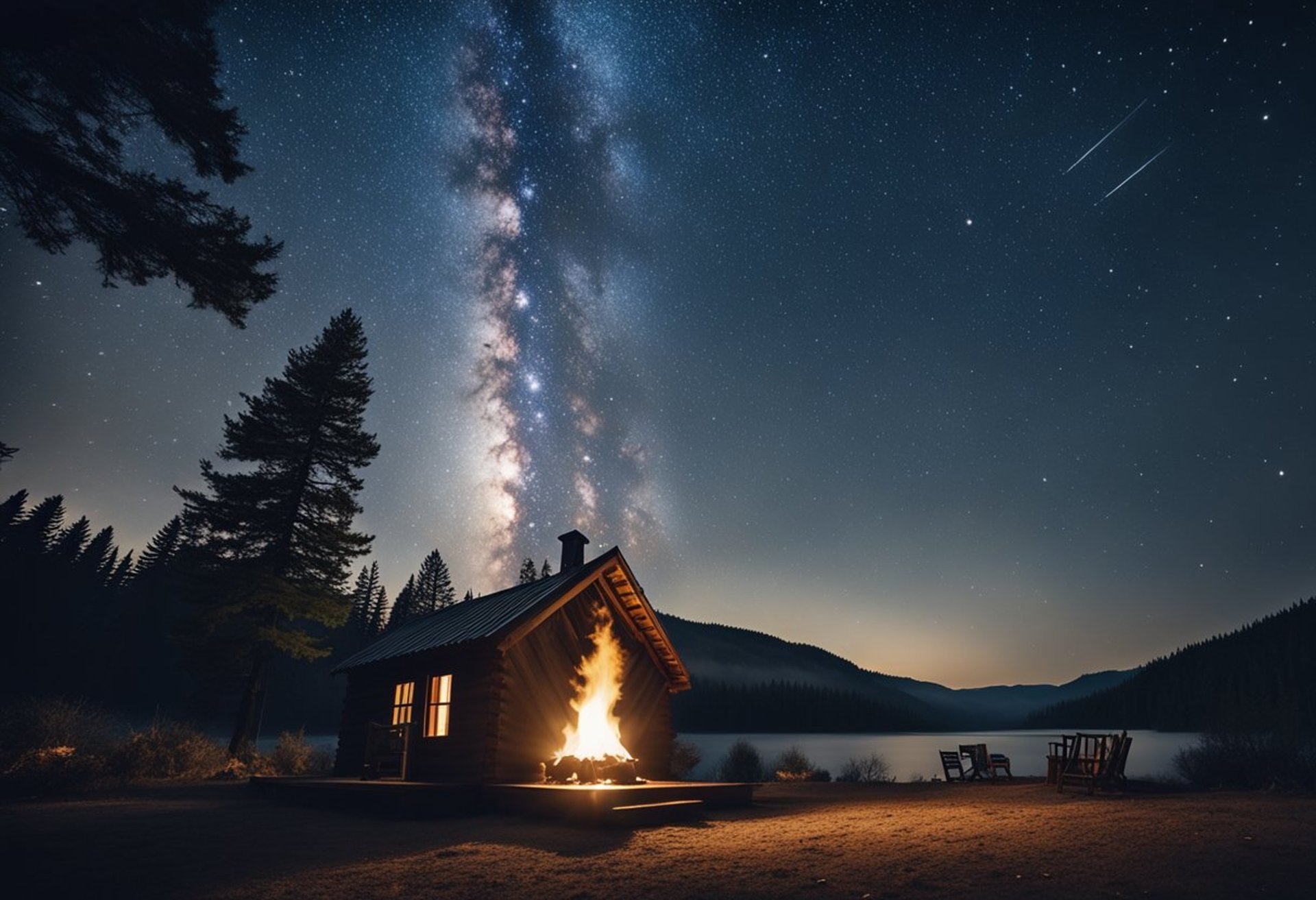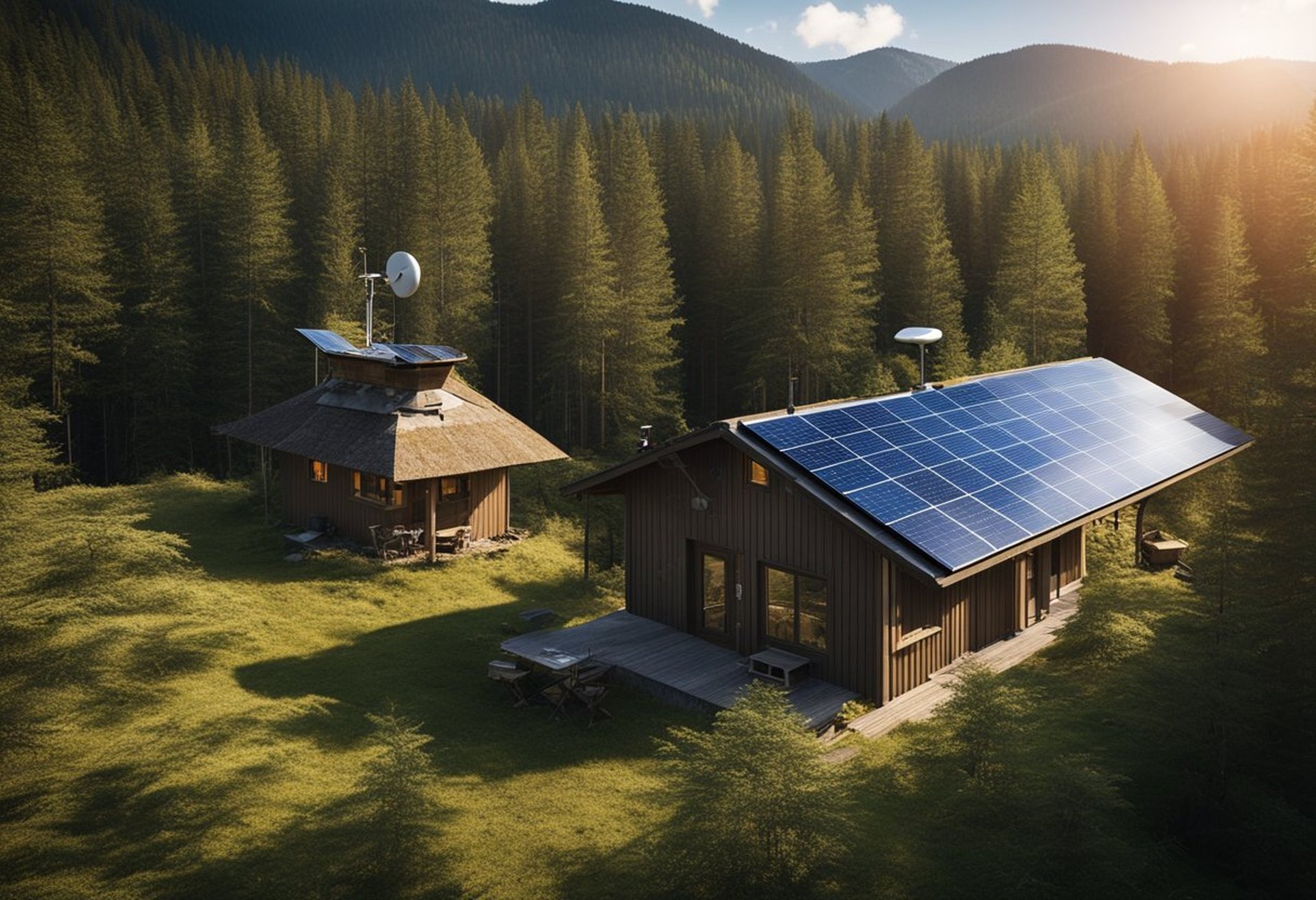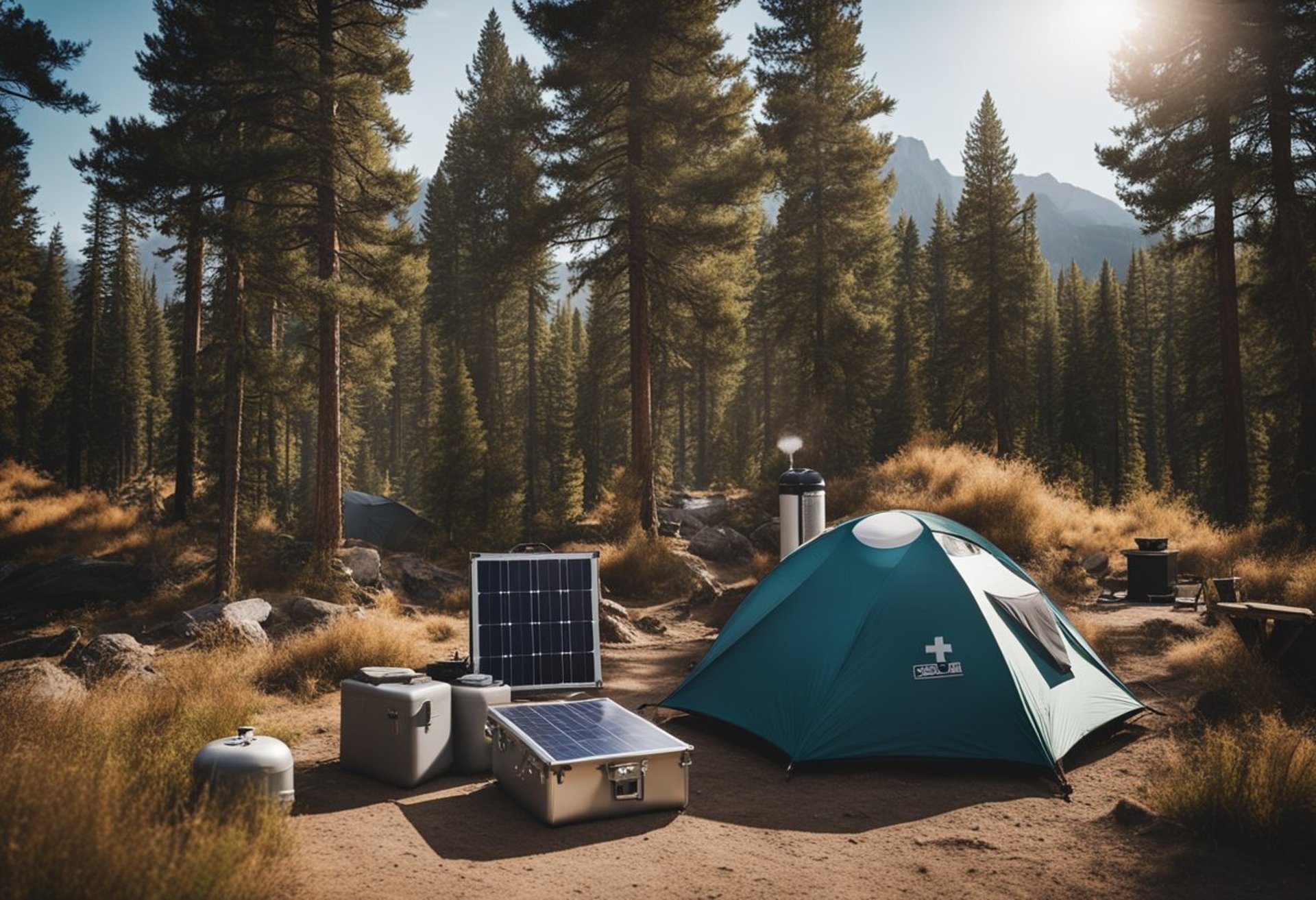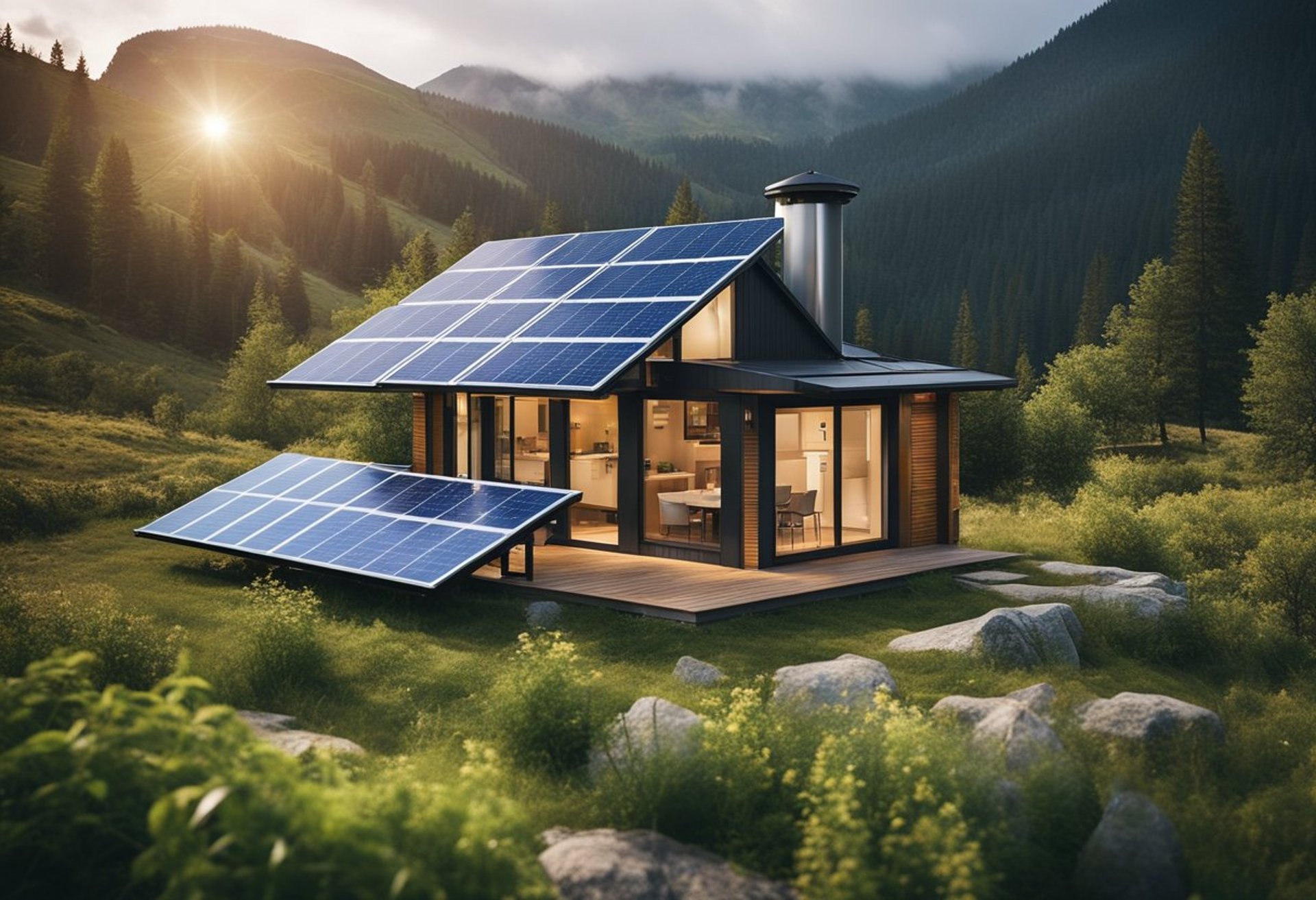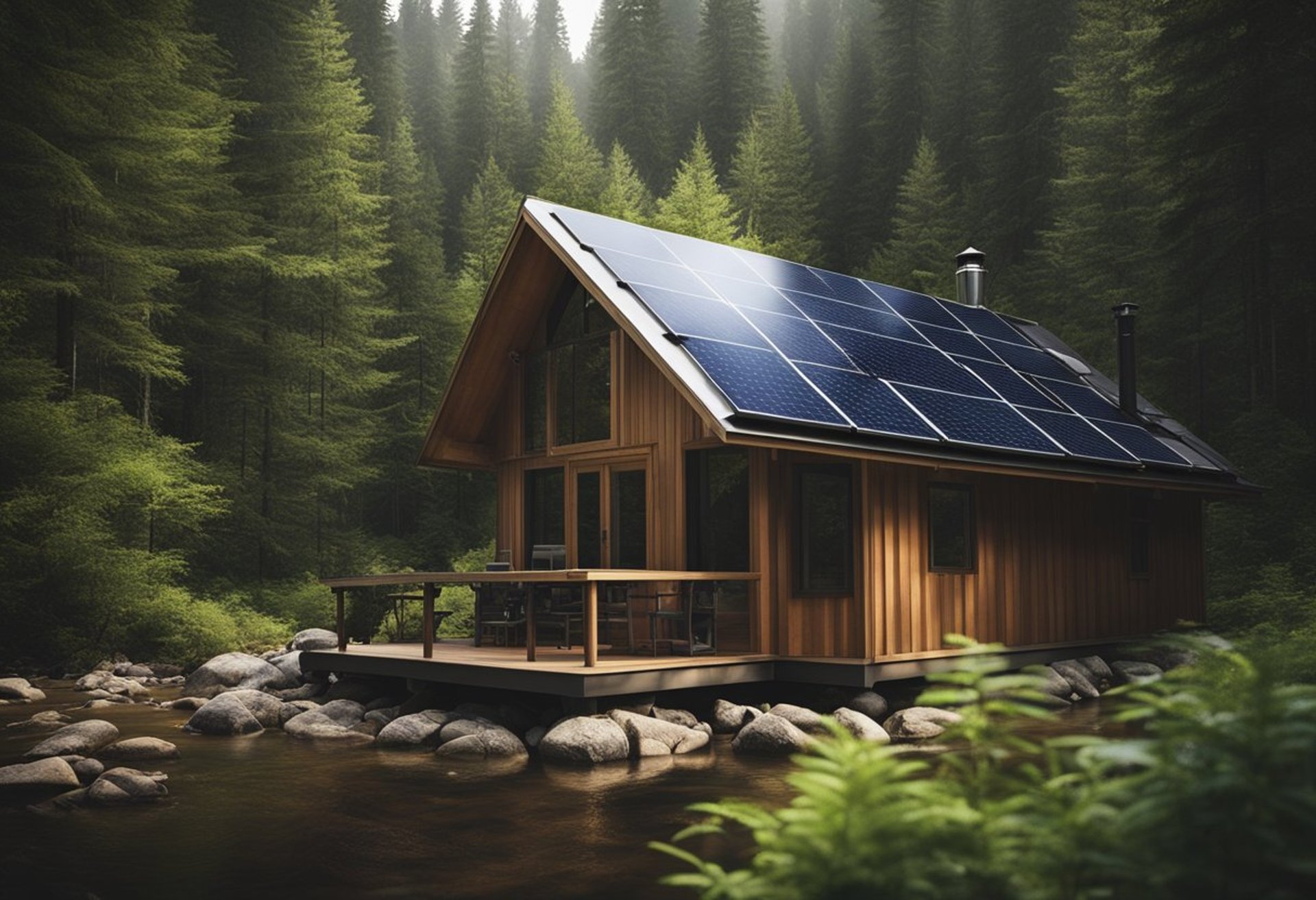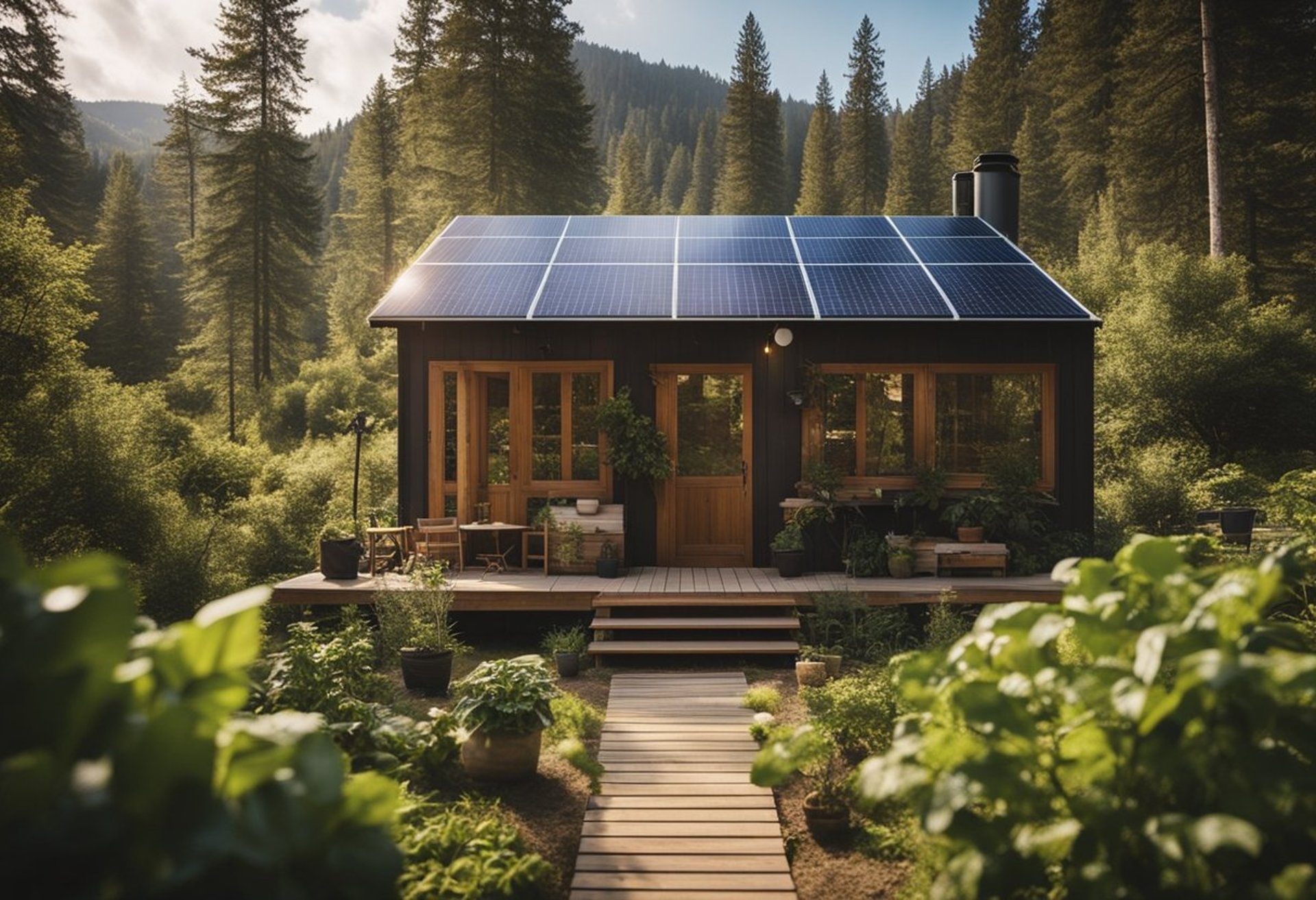7 essential strategies for Off Grid Survival
Off-grid survival is becoming an increasingly relevant topic as more individuals seek freedom from urban life. It fosters independence and resilience, allowing people to live harmoniously with nature. Embracing an off-grid lifestyle requires thorough preparation and knowledge about essential resources like water, energy, and food production.
7 Essential Strategies for Off-Grid Survival
Living off-grid is an adventurous and rewarding lifestyle, but it also presents unique challenges that require thoughtful planning and preparation. To thrive off the grid, you must be resourceful, adaptable, and equipped with the right strategies for self-sufficiency. Here are seven essential strategies for off-grid survival that will help you maintain a comfortable and sustainable life while staying prepared for the unexpected.
1. Secure a Reliable Water Source
Water is the most critical resource for survival. Without a steady supply, off-grid living can become very difficult. Securing a reliable water source should be your top priority—whether it’s collecting rainwater, tapping into a natural spring, or drilling a well. Install a rainwater harvesting system to capture and store water from your roof, and ensure you have a reliable filtration or purification method to make the water safe for drinking. Consistent access to clean water will provide you with the essentials for drinking, cooking, and hygiene.
2. Create an Independent Energy System
A reliable energy system is essential for comfortable off-grid living. Solar power is the most popular choice for off-grid energy, as it’s renewable, accessible, and can be customized to meet your needs. Wind turbines or micro-hydro systems are also great options if your location has strong winds or flowing water. Invest in a battery storage system to store excess energy for use when the sun isn’t shining. Having a backup generator, such as a propane generator, can also be useful for emergencies.
3. Grow Your Own Food
Growing your own food is a key strategy for off-grid survival. Establish a garden with vegetables, fruits, and herbs that thrive in your climate. Raised beds, container gardening, and permaculture techniques can help you make the most of your available space. In addition to plants, consider raising chickens for eggs or even goats for milk. Self-sufficiency in food production not only saves money but also ensures that you always have fresh, nutritious food available.
4. Master Essential Skills
Living off the grid requires a range of skills, from gardening and carpentry to first aid and basic plumbing. The more skills you have, the less dependent you’ll be on outside help. Learn how to repair and maintain your energy systems, collect and purify water, cook from scratch, and preserve food. Mastering these essential skills will empower you to handle unexpected situations and maintain a sustainable lifestyle.
5. Develop a Waste Management Plan
Proper waste management is crucial for maintaining hygiene and sustainability in an off-grid environment. Composting toilets are an effective way to manage human waste while producing compost that can be used to enrich your garden. Create a compost bin for food scraps, and establish a system for recycling and disposing of non-organic waste responsibly. Keeping your waste management system in order will prevent contamination and keep your living space clean and healthy.
6. Prepare for Emergencies
Emergencies can happen at any time, especially when you’re living remotely. It’s essential to have a well-stocked emergency kit that includes medical supplies, non-perishable food, extra water, batteries, flashlights, and fire-starting tools. Develop an emergency plan that covers natural disasters, power outages, and other unforeseen events. Being prepared will give you peace of mind and ensure your safety in challenging situations.
7. Adapt to Seasonal Changes
Off-grid living requires you to be in tune with nature, especially when it comes to seasonal changes. Prepare for the changing seasons by ensuring your home is well-insulated, storing enough firewood for winter, and preserving food for months when fresh produce may be scarce. Seasonal adaptation means understanding the rhythms of nature and adjusting your activities, energy use, and food production accordingly to maintain comfort throughout the year.
---
Surviving and thriving off the grid involves a combination of self-sufficiency, resource management, and adaptability. By securing reliable water and energy sources, growing your own food, mastering essential skills, managing waste, preparing for emergencies, and adapting to seasonal changes, you’ll be well-equipped to enjoy the freedom and satisfaction that off-grid living brings. These essential strategies will help you create a sustainable, resilient lifestyle that embraces independence and a deeper connection to the natural world.

